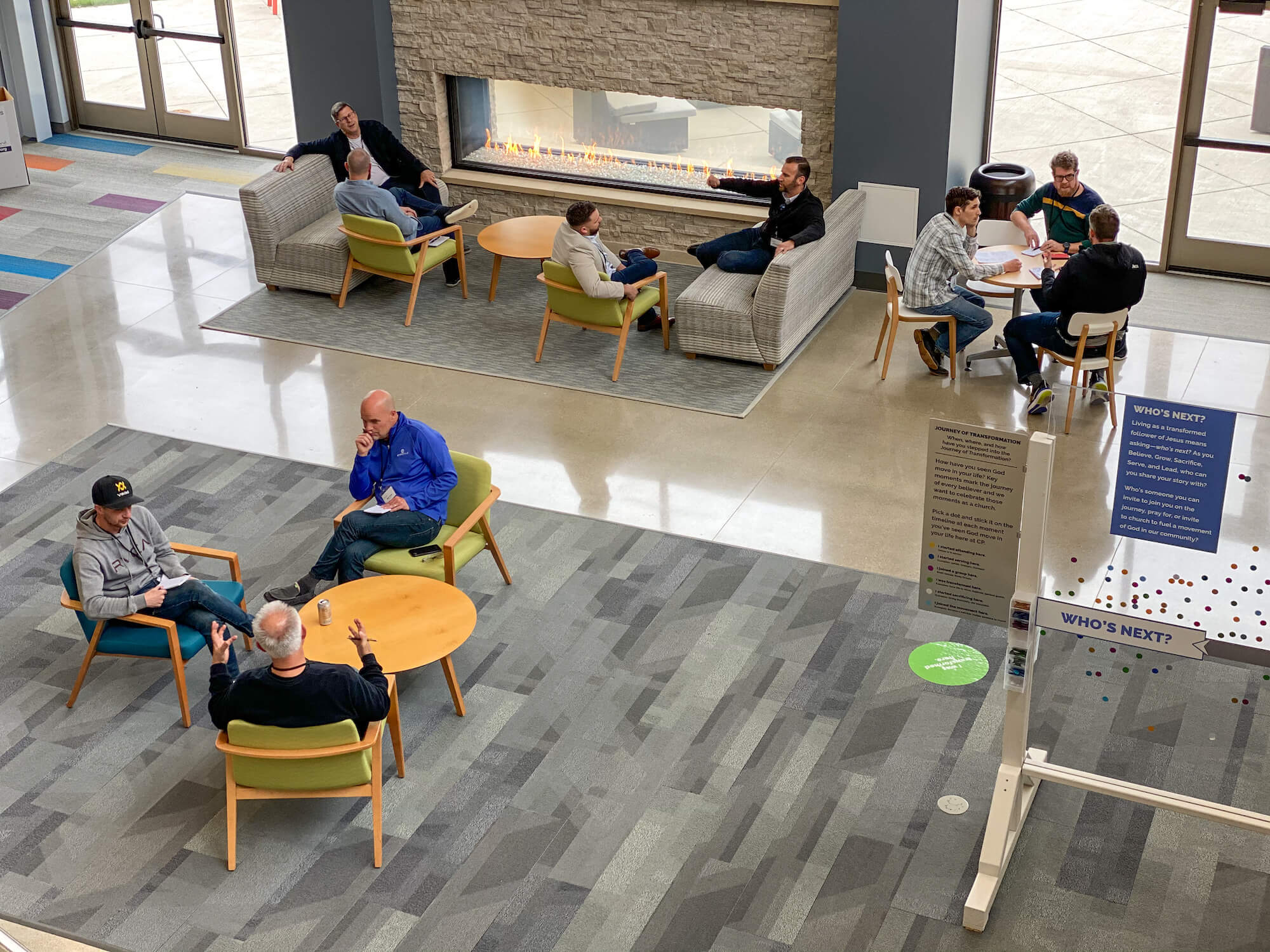Leadership development is an important topic for the church today. It’s also a huge subject. And by no means is it something I have figured out. However, I’d like to share 3 ideas that have helped me begin to develop healthy leaders in my church family.
Full transparency, these are not original ideas. Rather, they are a synthesizing of scriptures, strategies, and experiences that have proved fruitful at my church. So, maybe, they will help you too.
The first idea is to intentionally…
Cultivate Trust
In the Scriptures, one place I see this happening is Acts 6:1-7. At the time, the church is growing, but needs are being neglected. And the obvious solution was developing more leaders! Why do I say that? Consider the following two things:
- The twelve (who were leaders) were initially considered as part of solution but said they couldn’t do it (v. 2).
- The seven men chosen for the solution were not ordinary dudes.
“Therefore brothers, pick out from among you seven men of good repute, full of the Spirit and of wisdom, whom we will appoint to this duty.” Acts 6:3 ESV
While everyone should strive for these qualities, it’s clear the twelve were looking for a certain kind of person. They were looking for leaders.
And the men they selected were super-gifted. Guys who could’ve easily said, “Wait, why do you twelve get to do fun stuff (pray and preach – v. 4) while we do the dirty work? We’re just as gifted as you! We’re not cleaning tables!”
Honestly, that’s how I would’ve reacted!
But that’s not what happened. Luke writes,
“And what [the twelve] said pleased the WHOLE GATHERING…” (v. 5).
I believe this successful story of leadership development is a direct result of TRUST. The people trusted their leaders and new leaders were raised up. Therefore, cultivating trust will help us develop leaders too.
So, how do we cultivate trust in our churches? Here’s a simple suggestion: Build relationships by spending time with one another. That’s what the twelve did!
And day by day, attending the temple together and breaking bread in their homes, they received their food with glad and generous hearts, praising God and having favor with all the people. And the Lord added to their number day by day those who were being saved. Acts 2:46–47 ESV
As the twelve consistently spent time with the people, trust was cultivated, and leaders were born. And in Glastonbury, we’ve experienced the same results in our church as we’ve invested in building relational trust.
The second idea I’d like to share involves…
Embracing Diversity
And he gave the apostles, the prophets, the evangelists, the shepherds and teachers, to equip the saints for the work of ministry, for building up the body of Christ. Ephesians 4:11-12 ESV
God gave us a diverse group of gifted leaders to build His church. That being the case, we need to ask two critical questions if we want to steward God’s gifts well and be effective in leadership development:
- Do I know my giftedness?
- Do I know my leadership team’s giftedness?
If you don’t, a good place to start is by taking a spiritual gifts test. But another tool my church uses is the DiSC profile. DiSC has helped my church understand and value the diversity among God’s people, while shaping us into a stronger, more complete, leadership team. By the way, Mac Lake has a great module on how DiSC can support leadership development in his book “Leading Others: Developing the Character and Competency to Lead Others.”
Don’t overlook the importance of embracing diversity. Because naturally, we prefer uniformity. And if we’re not careful, our leadership teams will become both myopic and exclusive. Our vision will be narrow and limited, and our leadership teams will be deficient, ignoring the variety of gifts God gives through intentional diversity. The Lord desires a beautifully diverse “body,” not a gross giant eyeball (1 Cor. 12:14-19). Additionally, I’ve found some of my best leaders are nothing like me, which leads me to the third and final idea…
Be Humble
Healthy leaders are developed in humble relationships. So, how can we embrace humility?
Do nothing from selfish ambition or conceit, but in humility count others more significant than yourselves. Let each of you look not only to his own interests, but also to the interests of others. Philippians 2:3–4 ESV
In this passage, Paul gives us three simple steps to humility:
- Realize this is not about how great of a leader you are.
- Consider other leaders more significant than yourselves.
- Think about what other leaders need to flourish. Ask, “How can I help them (based on their interests/passions/personalities) become who God has called them to be?”
Maybe we start by asking ourselves the following questions:
- As a leader, where do I need help from my team?
- How could I celebrate another leader’s gifting?
- Am I consistently checking in with my leaders to ask how I can support their development? If not, how can I start?
Conclusion: Relationship Over Skill
God has created us for relationship, especially in leadership. We’re not supposed to lead in isolation. Good leadership happens in community.
Think about it this way… “one-man bands” are impressive, but they’re also kinda weird.
Leadership development shouldn’t be weird. It should be beautiful. It should be a band of diverse musicians playing skillfully together. That being said, notice nothing I’ve suggested above requires special skills. That’s because leadership development isn’t about skills but about relationship. Relationship is powerful. And that shouldn’t surprise us… given the most powerful Being (God) eternally exists in a triune relationship.

George Lim
Pastor, The River Church
George grew up in San Diego but has never felt more at home than in Glastonbury. He didn’t grow up in church, but at 24 years old, Jesus changed his life. Since then, he’s served as a worship leader, youth pastor, and now as a lead pastor. By God’s grace, he’s also completed his BA in Biblical Studies and MA in Practical Theology. He loves Jesus and is passionate about discipleship. He has a wonderful wife and three crazy boys! He enjoys running, coaching youth sports, and is a huge New York Giants fan. His favorite food is “Carne Asada Fries” – one of his favorite pastimes from San Diego.

